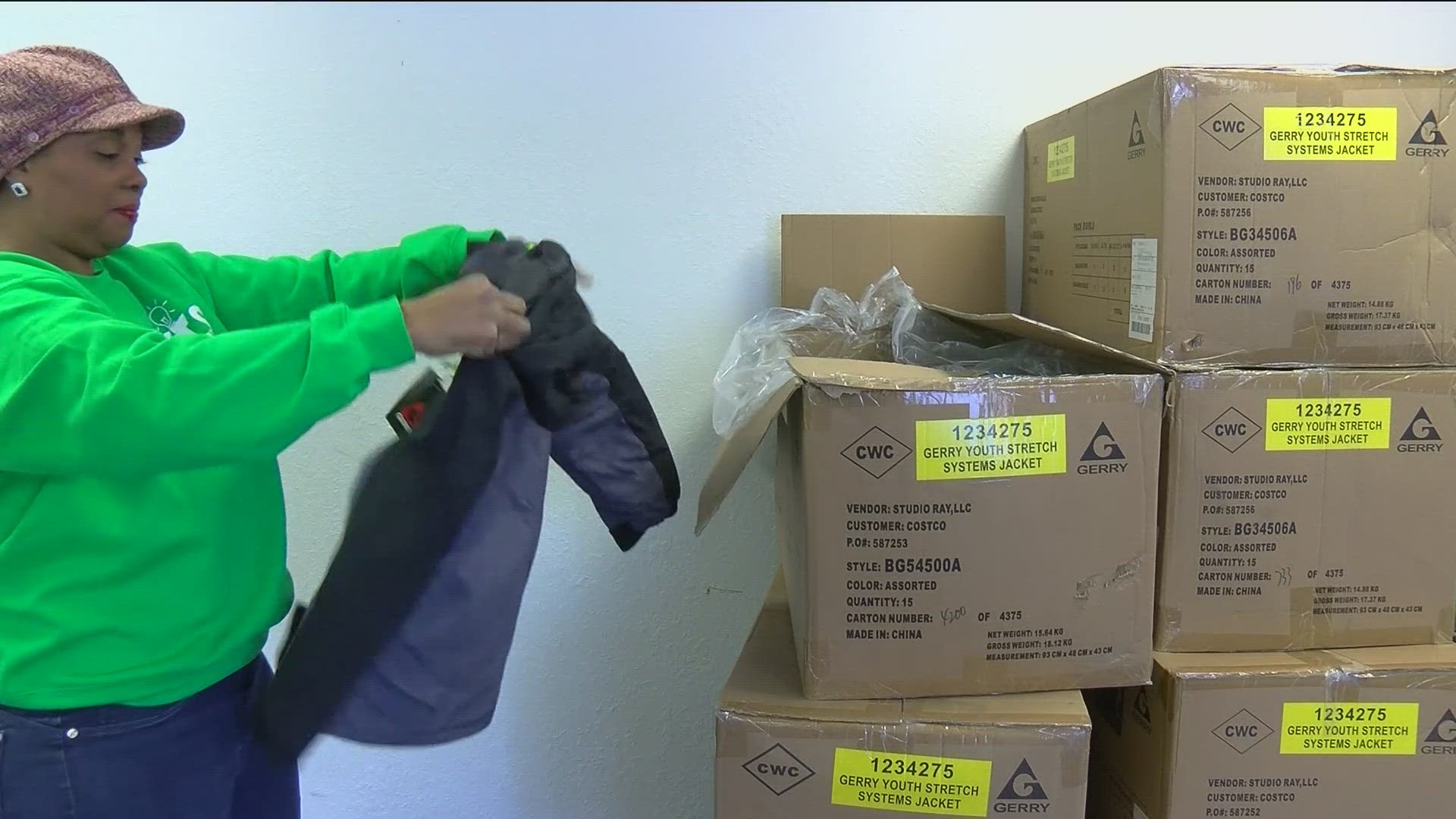TOLEDO, Ohio — When the snow comes into the forecast, roads can become slick, icy, wet or even completely buried, causing headaches for travelers as they make their commutes. The solution? In addition to plowing, cities and other municipalities usually opt for laying down salt and salt brine on the roadways.
Salt has the ability to lower the freezing point of water, meaning when it comes into contact with snow, it can usually do a good job of turning it into water or slush. However, this does not work at extremely low temperatures, such as those experienced in the last several days of sub-zero conditions.
While salting the roads can making driving much safer during and after a winter storm, the action has a considerable impact on the environment and cause damage to your car.
After dissolving, road salt can find its way into streams, lakes, and rivers, as well as into groundwater, which is the major source of drinking water for many towns and cities in the state. According to the Ohio EPA, heavy salt runoff is also toxic to aquatic life and can also pollute drinking water sources, leading to higher treatment costs and infrastructure corrosion.
Road salt can also affect your vehicle. Salt can speed up chemical reactions between elements in the environment and metal components of your vehicle. The more road salt your vehicle encounters, the higher your likelihood of severe rust damage will be.
While salt undoubtedly improves driving conditions during most winter storms, political leaders and organizations are taking steps to reduce the environmental impact of tons of salt ending up in our water.
To combat the effects of road salt, Ohio Governor Mike DeWine announced last year a new grant program to reduce road salt runoff and water contamination This grant program will help local communities improve road salt storage and distribution practices in a manner that reduces salt pollution in Ohio's waterways.
The grants are a part of expanding H2Ohio, a strategy designed to improve the state's water quality.
The campaign will encourage those using road deicer salts to follow best management practices, apply less salt, and use the best available technologies for applying salt as we go throughout the winter months.
MORE FROM WTOL 11

